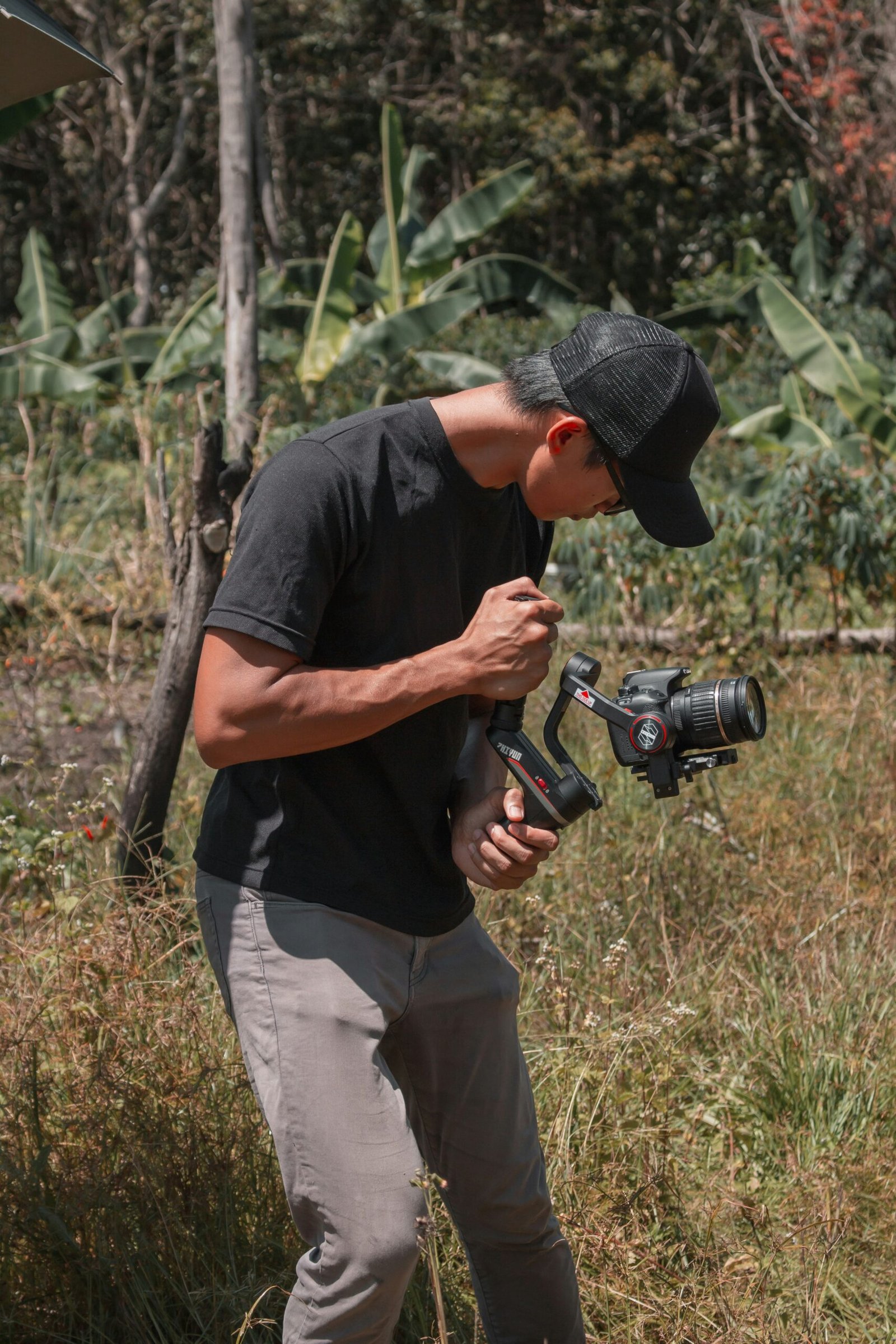Photojournalism is a powerful medium that plays a crucial role in storytelling. Through the lens of a camera, photojournalists capture and convey truth, evoking emotions and shedding light on important issues. Their work gives voice to those who may not be heard otherwise, leaving a lasting impact on society.
The Role of Photojournalists
Photojournalists are storytellers who document events, people, and places through captivating images. They have the ability to freeze a moment in time, capturing the essence of a story and conveying it to the world. Their photographs have the power to evoke emotions, inspire action, and bring about change.
Photojournalists often work in challenging and dangerous environments, risking their own safety to bring the truth to light. They go beyond the surface, delving deep into the heart of a story to expose injustice, highlight human resilience, and celebrate moments of triumph. Their dedication and commitment to their craft make them invaluable contributors to the field of journalism.
The Impact of Powerful Images
Powerful images have the ability to transcend language barriers and cultural differences. They can tell a story in a single frame, capturing the essence of an event or situation. These images have the power to elicit strong emotions, provoke thought, and inspire action.
Photojournalism has the unique ability to bring attention to important issues that may otherwise go unnoticed. Through their work, photojournalists shine a light on social injustices, human rights violations, and environmental crises. They give a voice to the voiceless, amplifying the stories of marginalized communities and individuals.
By capturing the raw emotions and realities of people’s lives, photojournalists foster empathy and understanding. They bridge the gap between different cultures and communities, fostering a sense of global interconnectedness. Through their images, they challenge stereotypes, break down barriers, and promote dialogue.
The Ethical Responsibility of Photojournalists
Photojournalists have an ethical responsibility to portray the truth and maintain the integrity of their subjects. While their work may be subjective to some extent, it is essential that they maintain a commitment to accuracy and fairness. Manipulating images or misrepresenting facts erodes the trust between the photojournalist and the audience.
Photojournalists must also consider the potential impact of their images on the subjects they photograph. They should be mindful of the potential harm that may come from publishing certain images, especially in sensitive situations. Respecting the dignity and privacy of individuals is of utmost importance.
The Future of Photojournalism
In an increasingly digital world, photojournalism faces both challenges and opportunities. The rise of social media platforms has made it easier for images to reach a wider audience almost instantaneously. However, it has also led to an oversaturation of images and a decline in the value placed on photojournalism.
Despite these challenges, photojournalists continue to push the boundaries of storytelling through innovative techniques and platforms. They adapt to new technologies and find creative ways to engage audiences. The power of a single image remains, and photojournalists will continue to play a crucial role in documenting our ever-changing world.
In Conclusion
Photojournalism is a powerful medium that tells stories through captivating images. It sheds light on important issues, gives voice to the voiceless, and fosters empathy and understanding. Photojournalists have an ethical responsibility to portray the truth and maintain the integrity of their subjects. Despite the challenges they face, their work will continue to play a crucial role in documenting our world and inspiring change.




